“I’ve always been passionate about justice. I speak for those who can’t speak for themselves.”
Edouard Zola and his wife, Lynn, are the Namibia country champions for Love Justice, overseeing and supporting the team there since the station opened in January 2020. Since then, the Namibia team has intercepted more than 1,300 people to prevent them from being trafficked!
Our belief that every life is beautiful and worth fighting for is more than something we just say because it sounds nice—it’s a deep-rooted value that shapes the way we do everything as an organization, from how we hire and partner with people to how we strategize to maximize efficiency.
-1.jpg?width=800&height=532&name=2022_South%20Africa_Two%20males%20%26%20one%20female%20child%20sitting%20under%20a%20tree%20in%20the%20village%2c%20smiling_FS%20(1)-1.jpg)
We are inspired by the Zolas and their team’s passion for justice! Working together with amazing people who share our values helps us care for the vulnerable much more effectively.
A passion for justice
Edouard Zola is originally from the Congo, where he studied and graduated with a degree in law, hoping to defend people who couldn’t afford a good lawyer.
Zola moved to South Africa where he met his wife, and the couple moved to Namibia to pastor and minister with The Salvation Army. They have two children now, a boy who recently left for university and a teenage daughter. He never did use his degree to become a lawyer.
“But now I believe I do my ‘lawyering’—as my daughter will say—in a bigger scheme of things,” he said.
About a year into their time ministering in Namibia, a woman who led anti-trafficking efforts for The Salvation Army in South Africa told them about Love Justice and suggested they meet with one of the directors over lunch. They agreed and Briony Fickling (now VP of anti-trafficking) came to Namibia to meet them.
“We could see the passion in her,” Zola said. “And something got stirred in me, that fire, that original calling—speaking for people who can't speak for themselves. And so we said, ‘Look, we’re here, if there is any way we can help, you can definitely count on us.’”
Country champions
Zola and his wife helped pioneer Love Justice in Namibia, and now they serve as country champions.
The role of a country champion is an unpaid position designed to provide support and safeguard against corruption.
“We basically just act almost like a big brother looking after the interest of Love Justice and making sure that the paid staff are doing what they're supposed to do. And we serve as counselors, as a spiritual father and mother,” said Zola.
Namibia currently has four active stations and 11 monitors, in addition to the country champions and project manager.
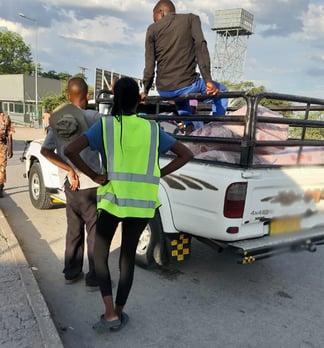 Working together
Working together
One of the greatest keys to the success of the work in Namibia is the positive relationships the teams have developed with police. Love Justice staff work with police to solve drug busts and diamond smuggling operations—crimes which often involve human trafficking—but allow the police to take all credit.
In one particular case, a ship arrived in Namibia carrying 36 people illegally into the country to work for cheap labor. The police investigated the case for three months without any breakthrough, delaying repeatedly for lack of interpreters and other obstacles. Beverly Murangi, the project manager, brought her team in to help and closed the case within three days.
The chief of the crime unit for the Namibian police came to Zola and said, “Edouard, if these girls didn't work for you, I would like them to come and work for me at the police.” He said the Love Justice team was far more effective than his own officers.
Police and immigration officials also asked Love Justice to help them patrol all the border crossings between Namibia and neighboring countries—of which there are 14.
“Instead of us asking to go, they are asking us,” Zola said.
Expanding to so many border points is a fantastic goal that will take time to accomplish and will largely depend on a flourishing budget. But it is encouraging because in many countries it is very difficult to get the necessary permissions to be able to do our work. Having this close relationship with government and police officials is extremely helpful for multiplying impact.
Exploding impact
As the Namibia teams developed these relationships with the police and expanded into more transit monitoring stations, their impact began to explode.
“God led us to recruit some very powerful, passionate people,” Zola said.
As the team began to expand, they hired two women to patrol one of the official border crossings—but the women quickly realized not much was happening there and took initiative to try something new.
Zola recounted them saying, “Clearly there are still people being trafficked. There are still people coming into Namibia and leaving Namibia, so we need to find them.”
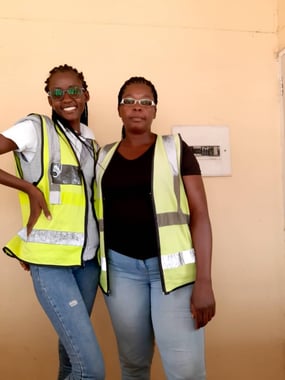
With that urgency in their hearts to seek out any victims slipping by unnoticed, they walked along the border nearly ten miles. As they walked, they began finding people who were jumping the fence and crossing illegally, including many children who were being trafficked for child labor. With assistance from the police, the women began doing foot patrol regularly, preventing trafficking that way. They also challenged the police to start doing random checks on buses coming into the country.
“They didn’t just wait for [people to come through] the official border, but they were proactive. And that really brought a big impact because then the numbers of intercepts went up,” said Zola.
This is an understatement. The number of intercepts went way up. The Namibia teams were averaging about 10 intercepts a month from their start in 2020 up until April 2022—after that, in the past year, they’ve averaged about 100 intercepts per month. That’s a 900% increase!
A commitment to fight for the most vulnerable
We are always looking for ways to achieve these leaps in impact, and often that comes by finding the best people to join us. We look for people like these two women, like the Zolas and Murangi and the rest of the Namibia team—people who share our commitment to fight for the vulnerable, passionate people who are highly effective. We work together with integrity to achieve the greatest impact possible because ultimately it’s about much more than simply having a particular value—it matters how you put that value into action.
Is this something you care about? Do you share our commitment to fight for the vulnerable? Join us and put your value into action by donating during our match campaign. From now until May 15, your gift will be twice as effective!
*All data and statistics current at the date and time of publishing. Names changed, and some specific locations excluded for privacy and security purposes.
-1.png?width=500&height=500&name=LJI_MAINLOGO_WhiteBackground%20(1)-1.png)


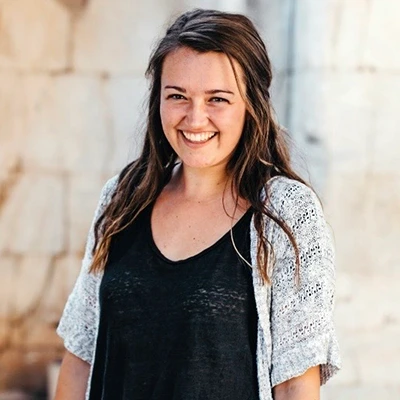
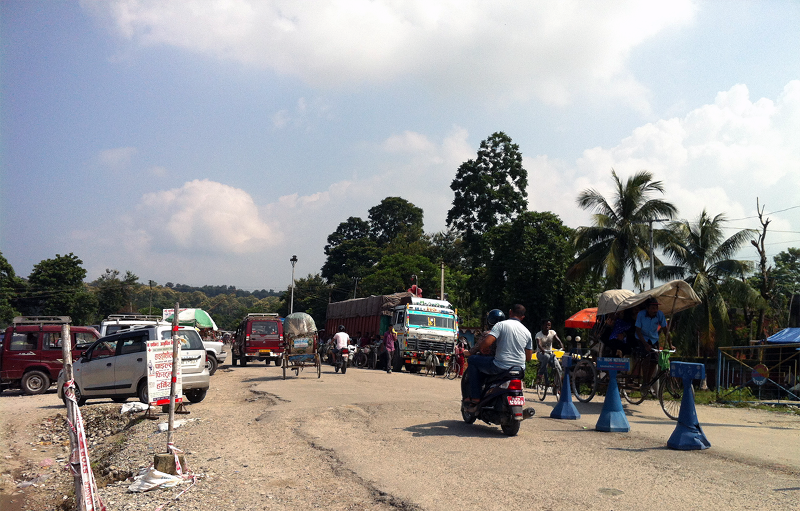
/bimala_feature_blog.webp)

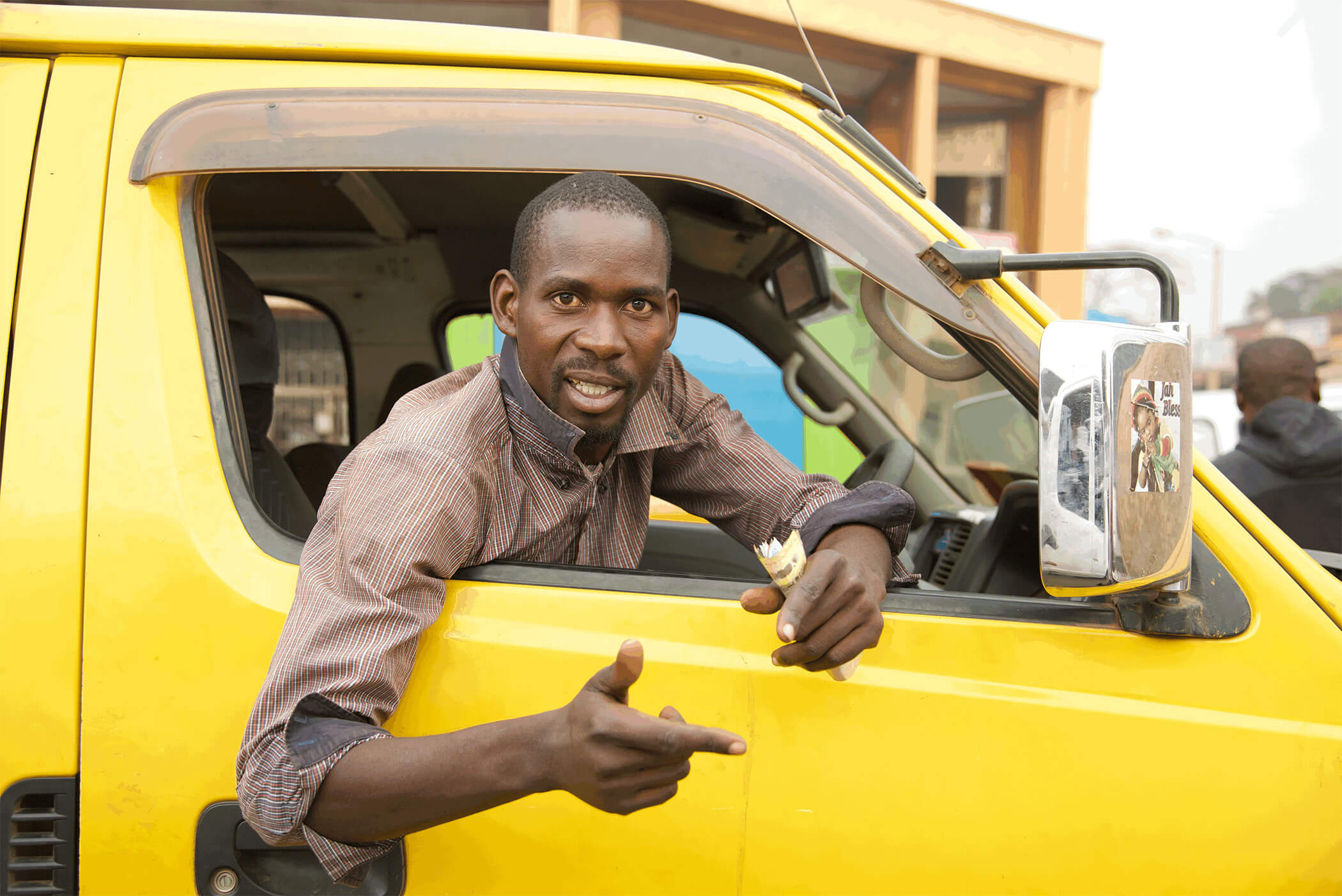
/boy_girl_asia_streets.webp)

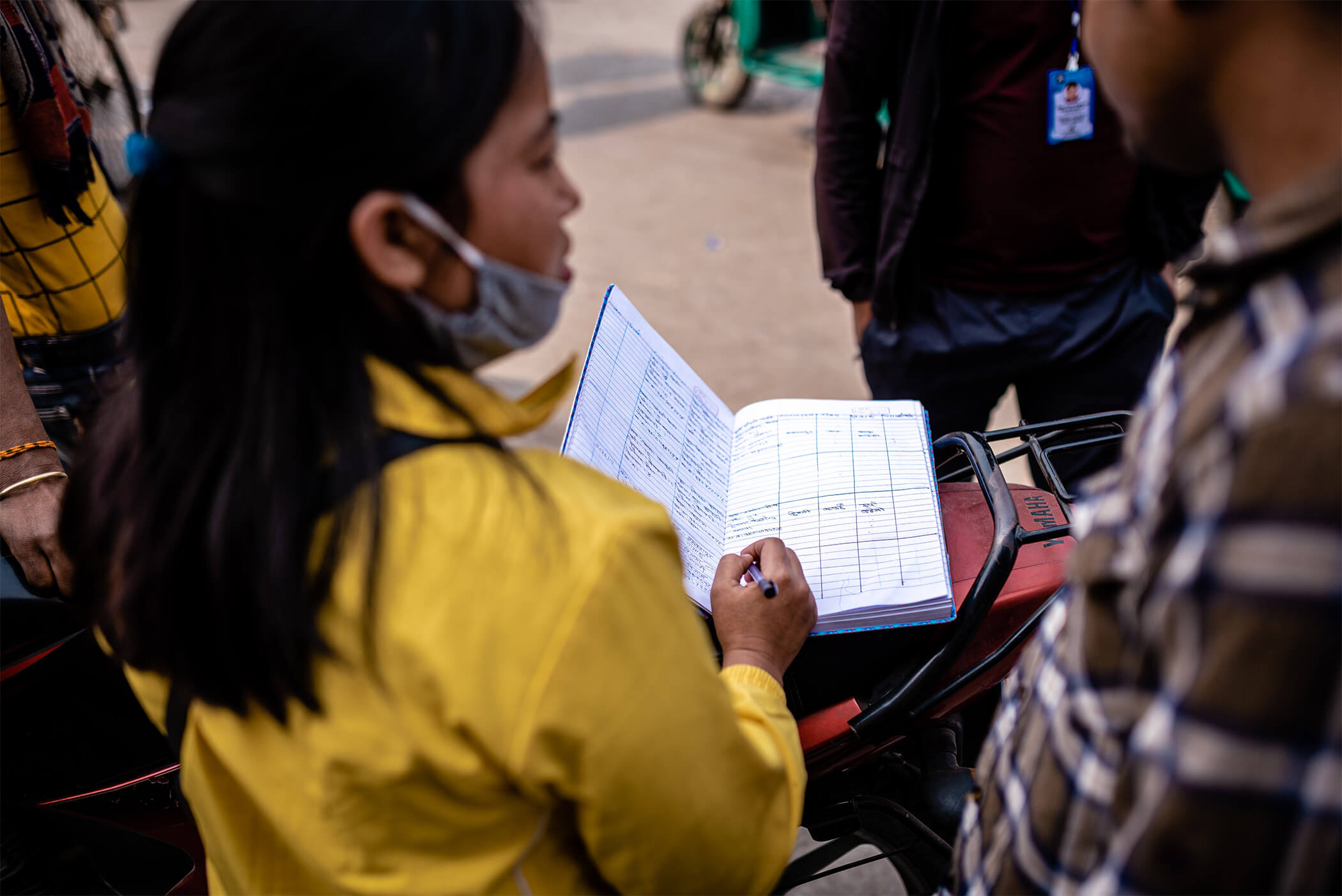
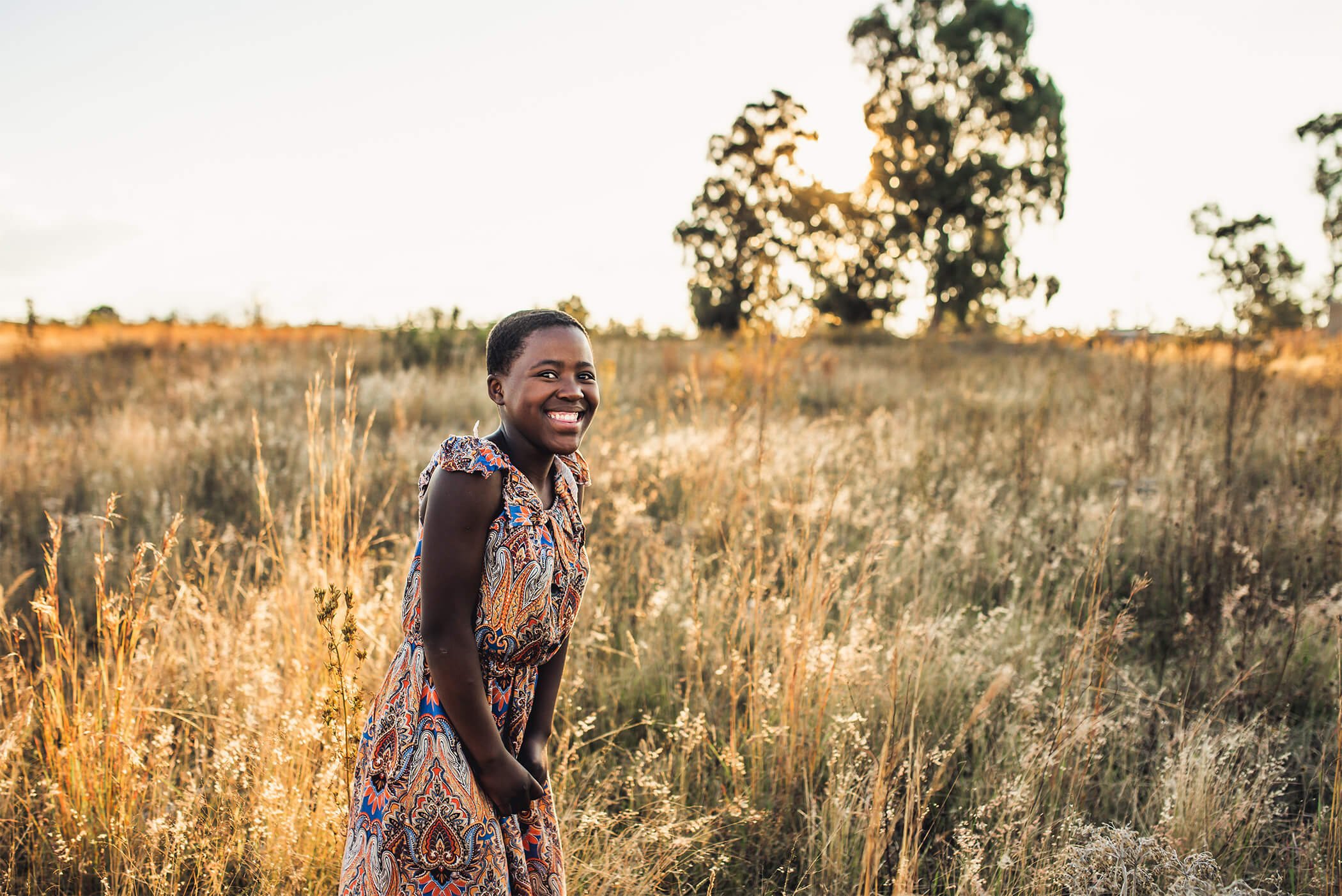

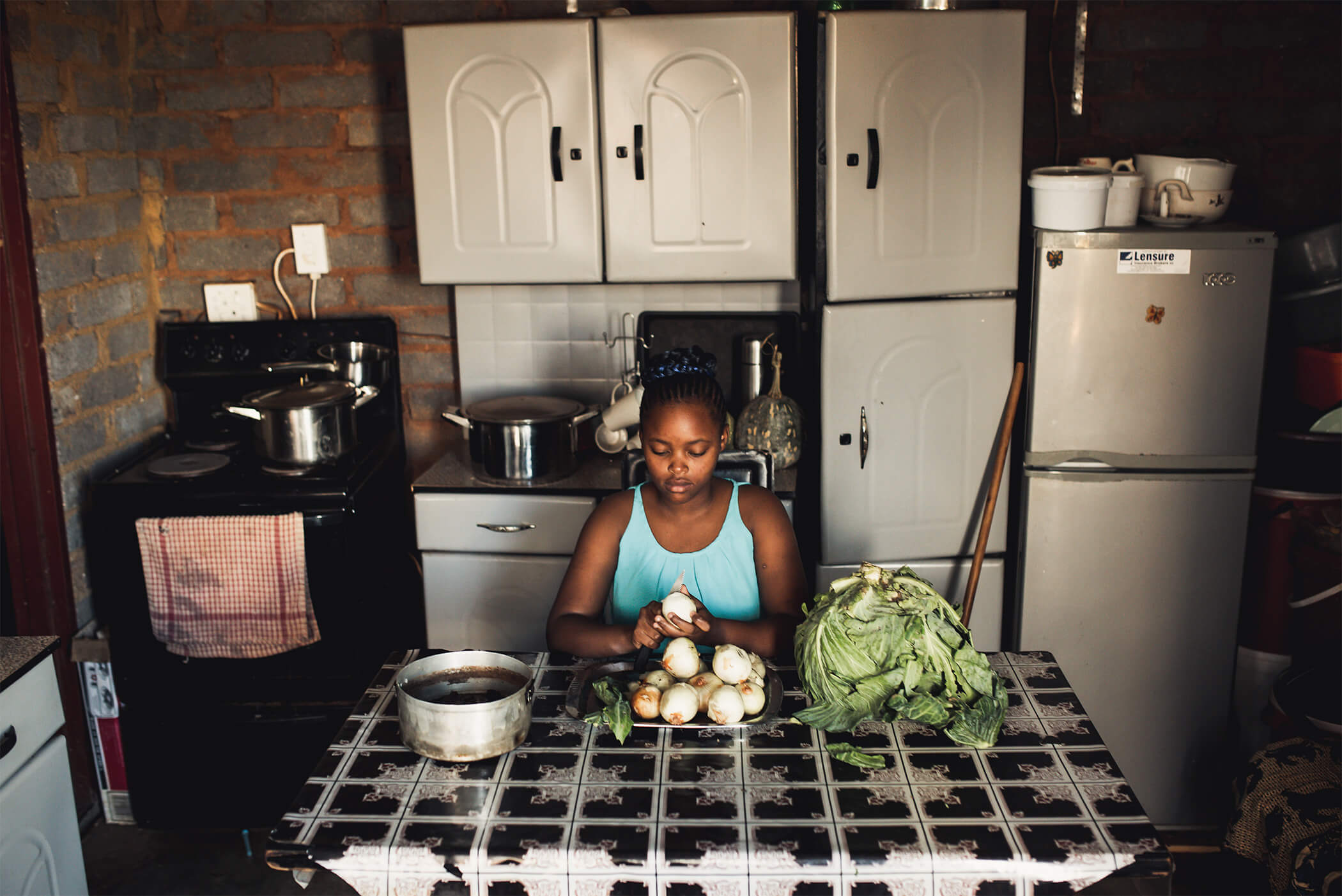

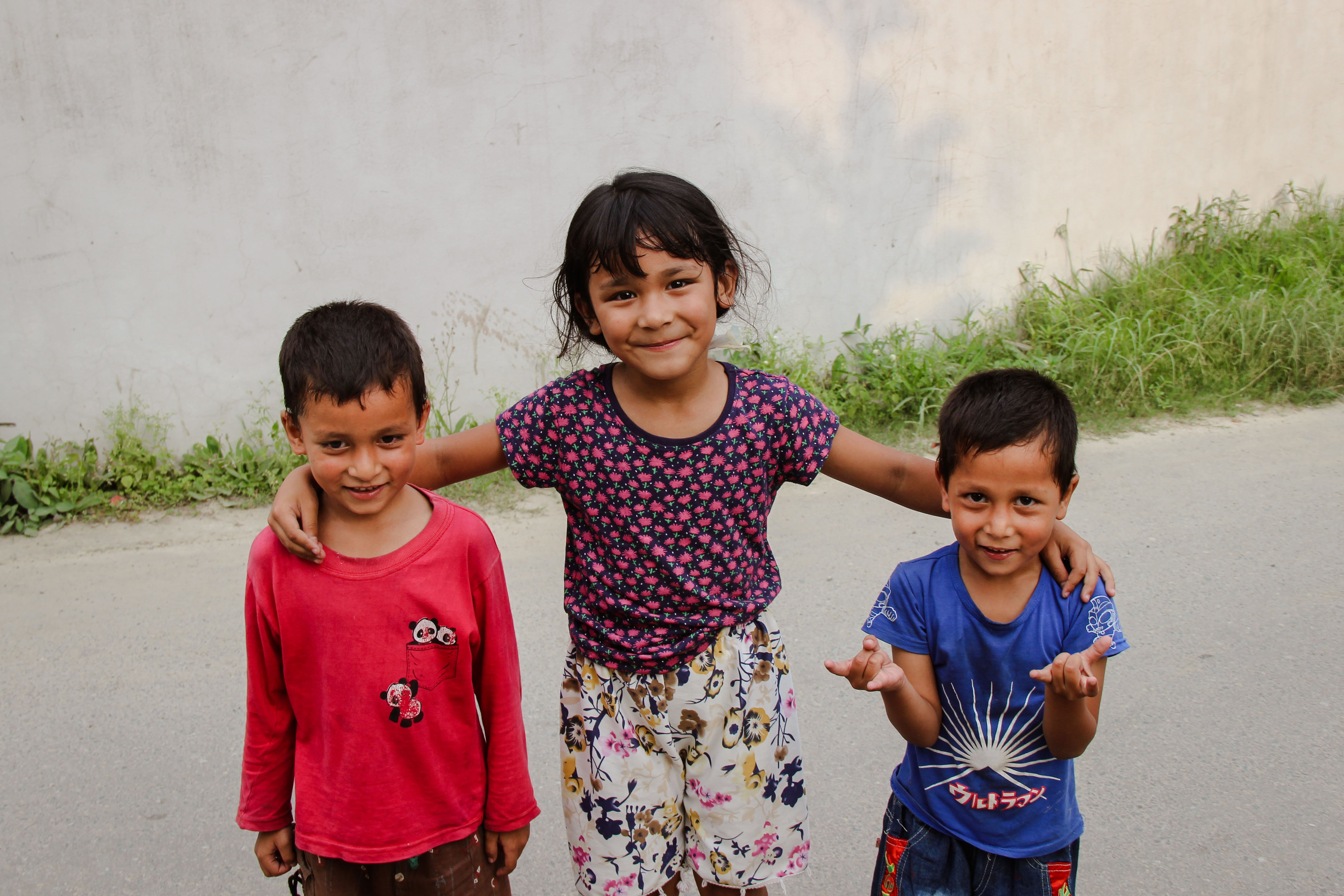
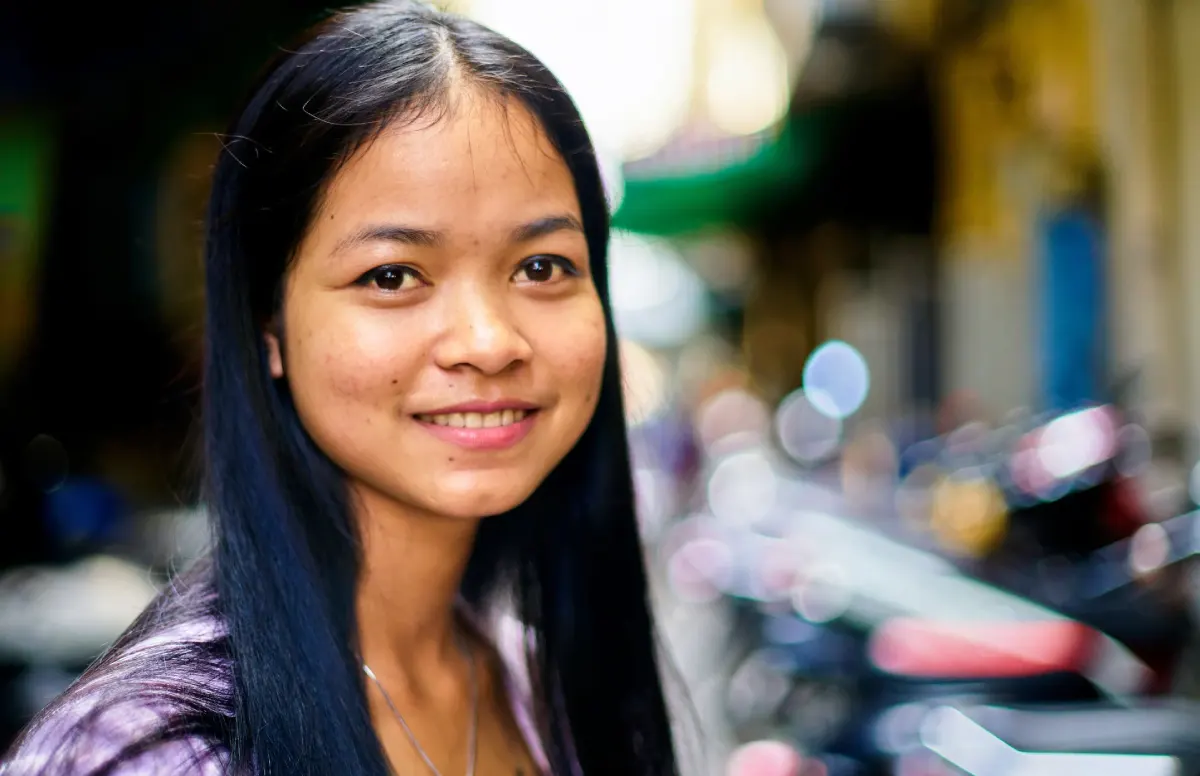
/stop_human_trafficking_asia_love_justice_scooter.webp)
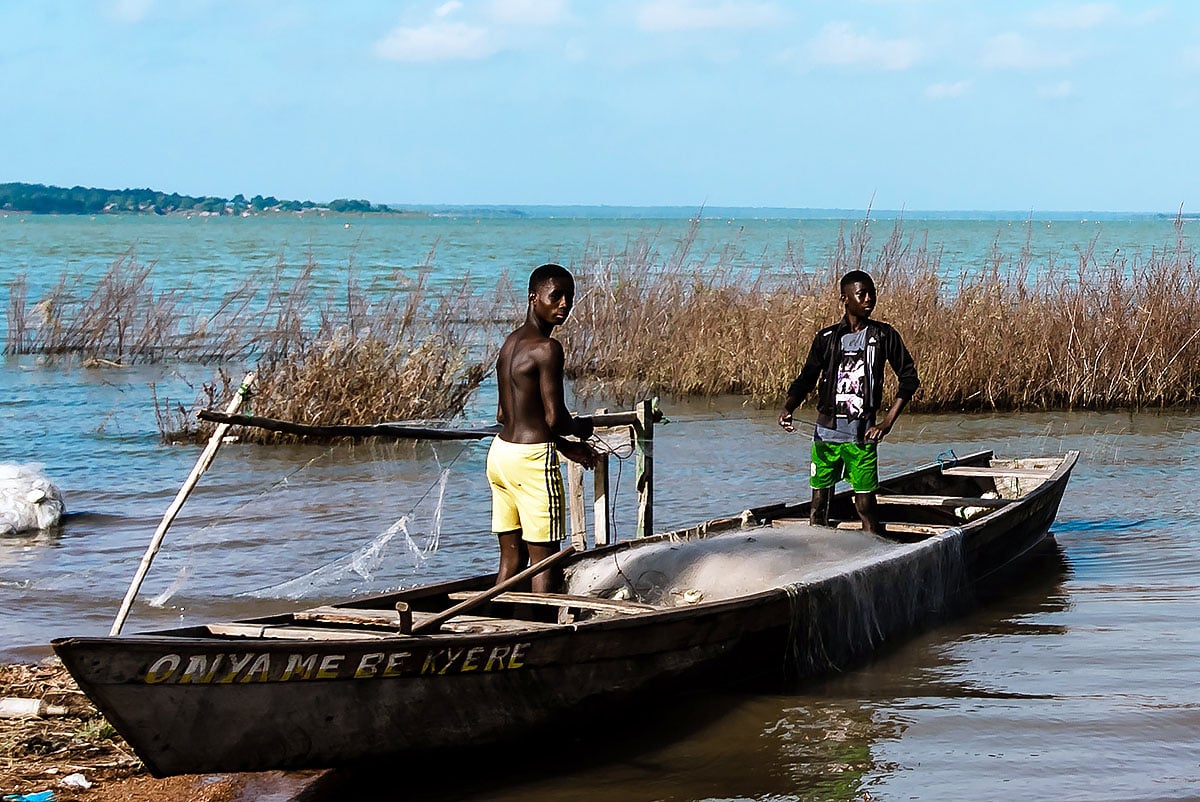
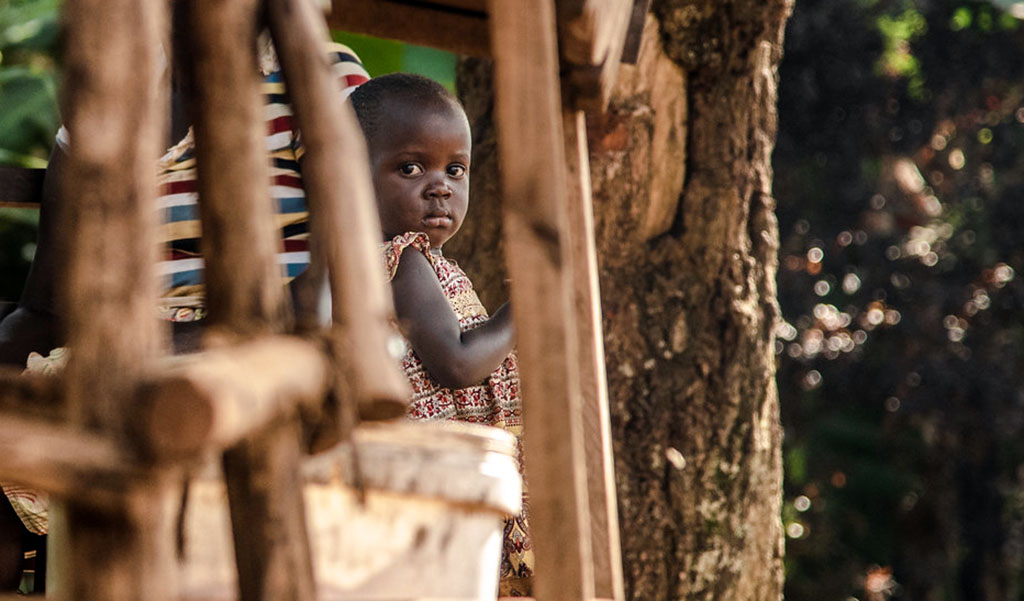
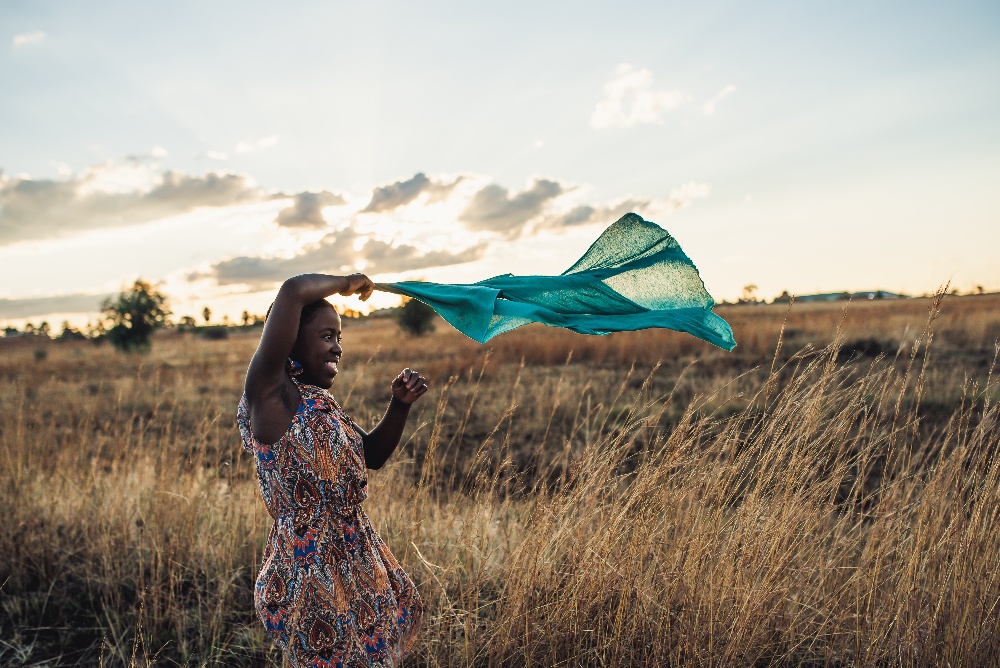
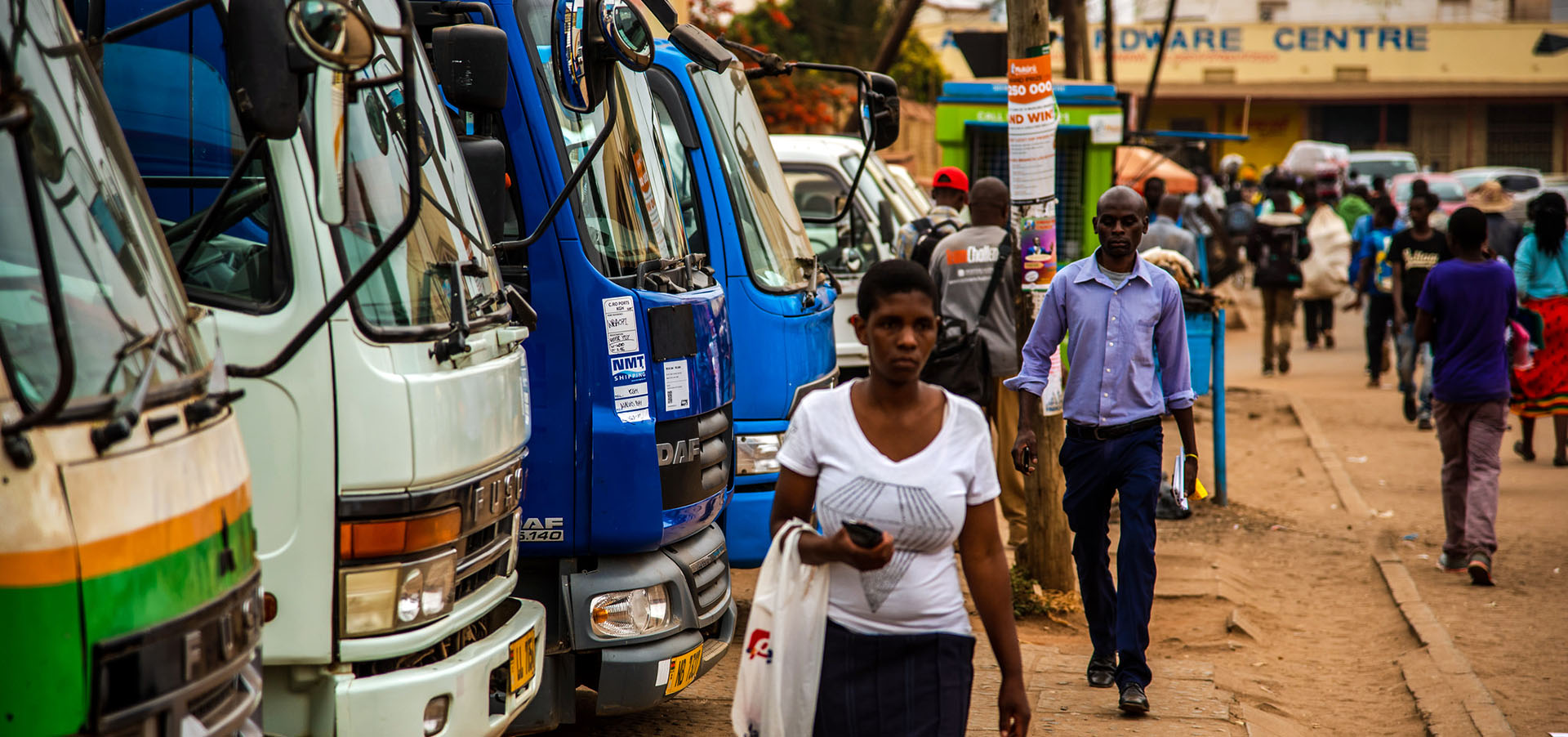
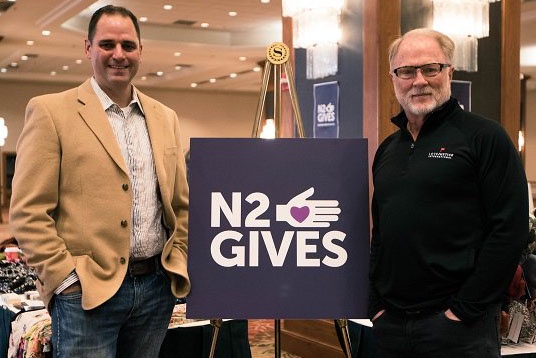
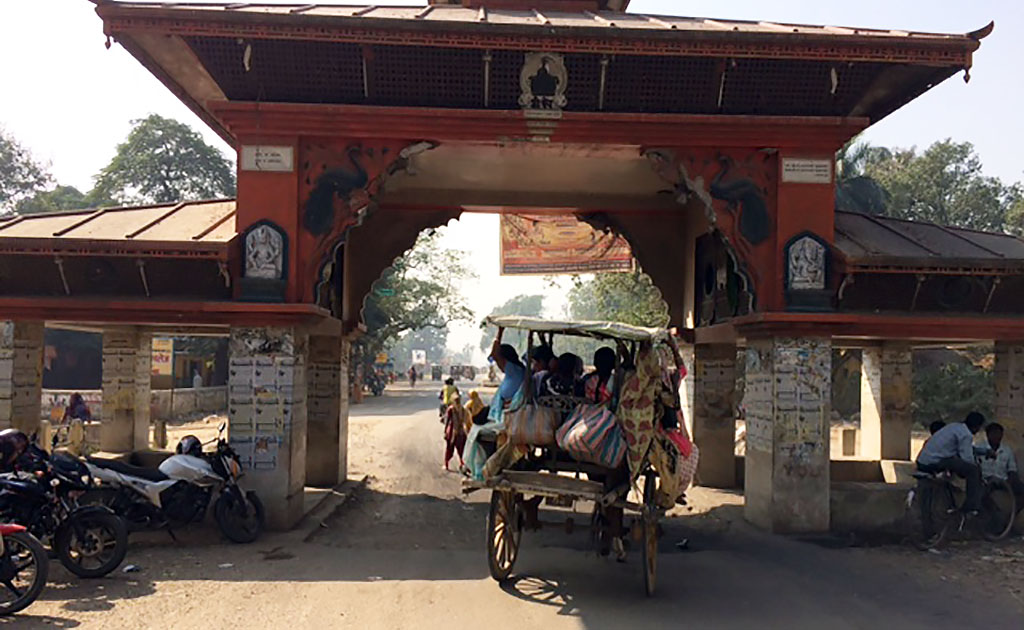
/love_justice_boy-476361-edited-993417-edited.webp)
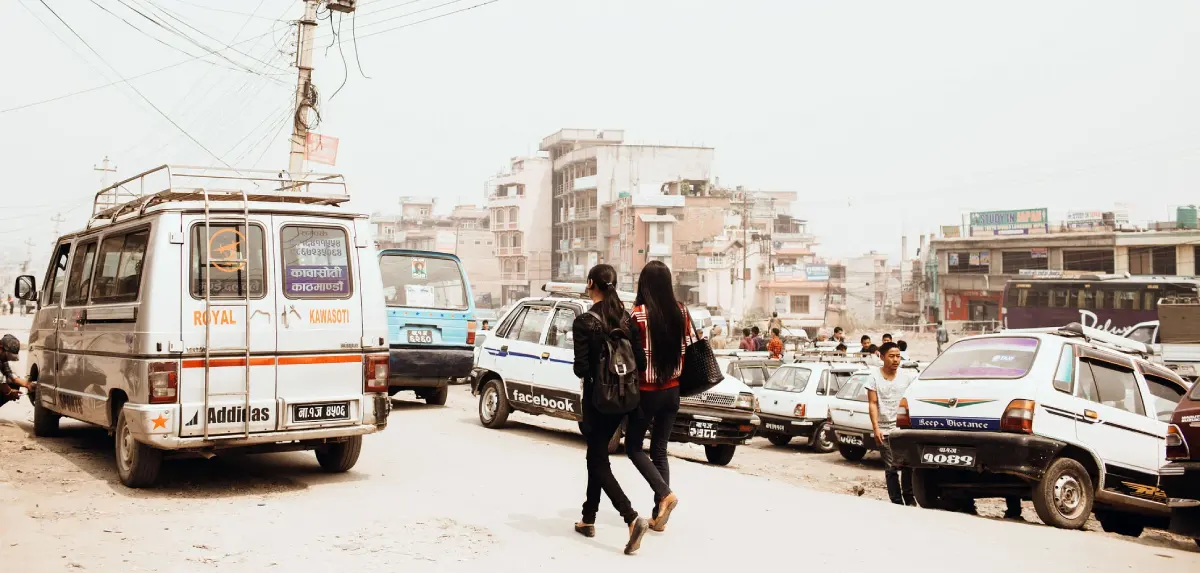




Post a comment